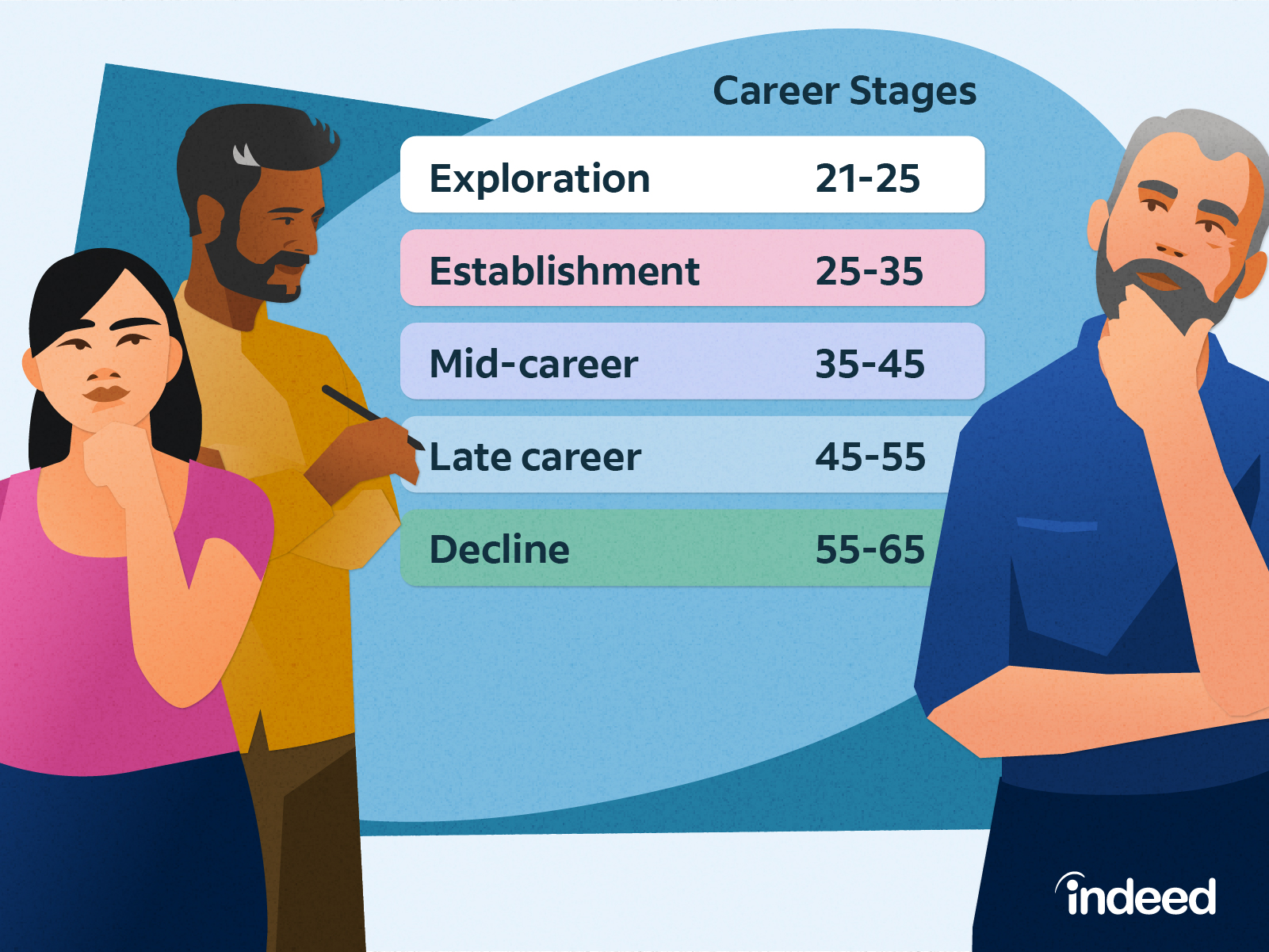
SOFT SKILLS 2020
Here is a comprehensive list of non-technical skills that are valuable in a software job:
- Communication Skills: Effective written and verbal communication with team members, stakeholders, and clients is crucial for conveying ideas, requirements, and updates.
- Problem-Solving Abilities: The capability to analyze complex problems, break them down into manageable parts, and devise effective solutions.
- Critical Thinking: The ability to evaluate different approaches, assess the strengths and weaknesses of solutions, and make informed decisions.
- Time Management: Efficiently managing time, setting priorities, and meeting project deadlines.
- Teamwork: Collaborating effectively with team members, designers, testers, and other stakeholders to achieve project goals.
- Adaptability: The capacity to adapt to new technologies, methodologies, and project requirements as the industry evolves.
- Attention to Detail: Paying close attention to details to avoid bugs and ensure code quality.
- Creativity: Thinking creatively to come up with innovative solutions and user-friendly designs.
- Self-Motivation: Taking initiative and being self-driven in learning and work tasks.
- Listening Skills: Actively listening to feedback and requirements from colleagues, clients, and users.

- Empathy: Understanding and considering the needs and perspectives of end-users when designing software.
- Conflict Resolution: Skills to address and resolve conflicts constructively within the team or with stakeholders.
- Documentation Skills: Writing clear and concise code comments and documentation for projects.
- Project Management: Understanding project management principles, methodologies, and processes.
- Customer Focus: Keeping the end-user or customer in mind when making development decisions.
- Continuous Learning: A mindset of continuous learning and self-improvement to keep up with industry changes.
- Ethical Considerations: Understanding the ethical implications of software development decisions, including data privacy and security.
- Presentation Skills: The ability to present work and ideas effectively to both technical and non-technical audiences.
- Networking: Building professional relationships within the industry by attending conferences, meetups, and online communities.
- Business Acumen: An understanding of the business aspects of software development, including budgeting and return on investment (ROI).
- Self-Care: Managing stress, maintaining a healthy work-life balance, and practicing self-care.
- Mentorship and Learning from Peers: Being open to learning from more experienced colleagues and seeking mentorship opportunities.
- Cultural Sensitivity: Awareness of and respect for diverse cultures and backgrounds when working with global teams or clients.
- Leadership Skills: Developing leadership qualities, such as motivating and inspiring others, especially if in a team lead or managerial role.
- Negotiation Skills: The ability to negotiate effectively, whether it's regarding project scope, deadlines, or contracts.
- Delegation: Knowing when and how to delegate tasks to team members to optimize productivity and performance.
- Risk Management: Identifying and managing risks associated with projects to minimize potential issues.
- Customer Service: Providing exceptional customer service, particularly in client-facing roles.
- Team Building: Skills to foster a positive team environment, promote collaboration, and resolve conflicts.
- Emotional Intelligence: Recognizing and managing one's emotions and understanding the emotions of others for effective communication and teamwork.
These non-technical skills complement technical expertise and are vital for personal and professional growth as a
software developer or professional in the software industry. Cultivating these skills can lead to more successful and
satisfying career experiences.









